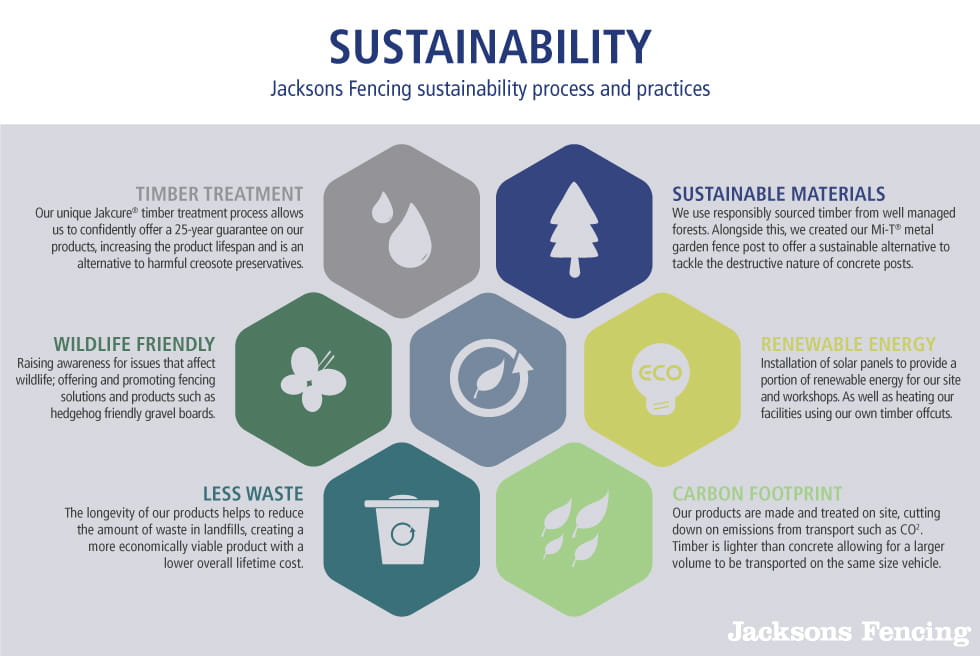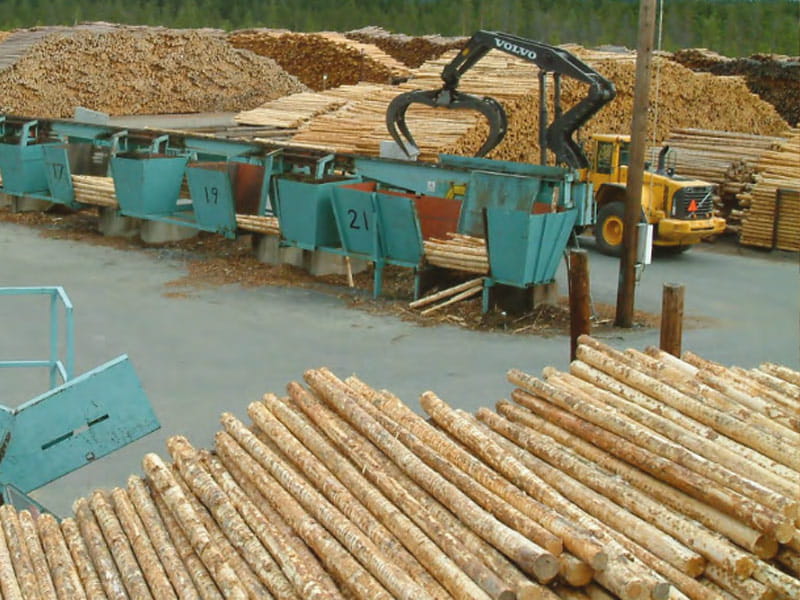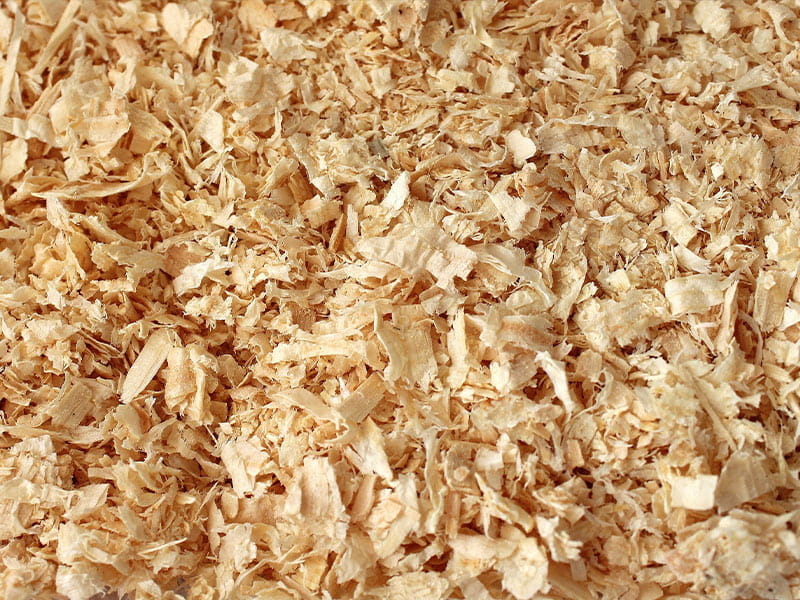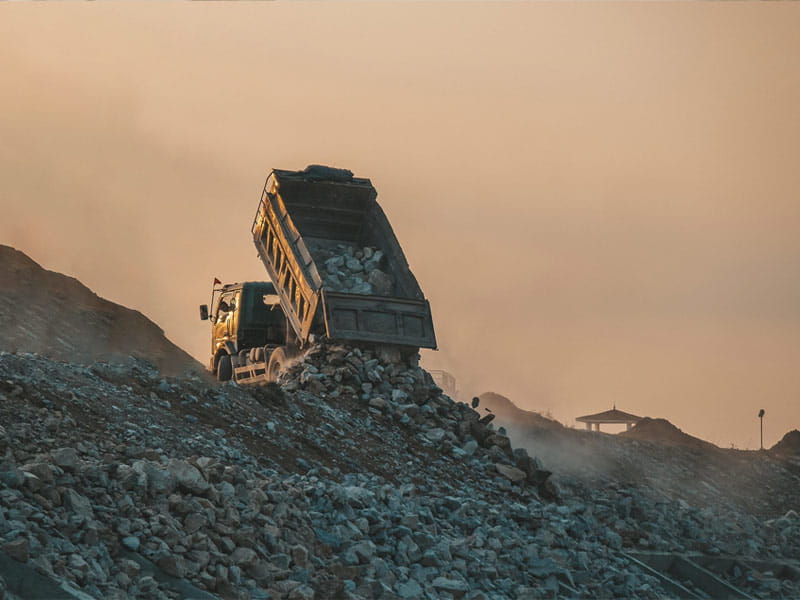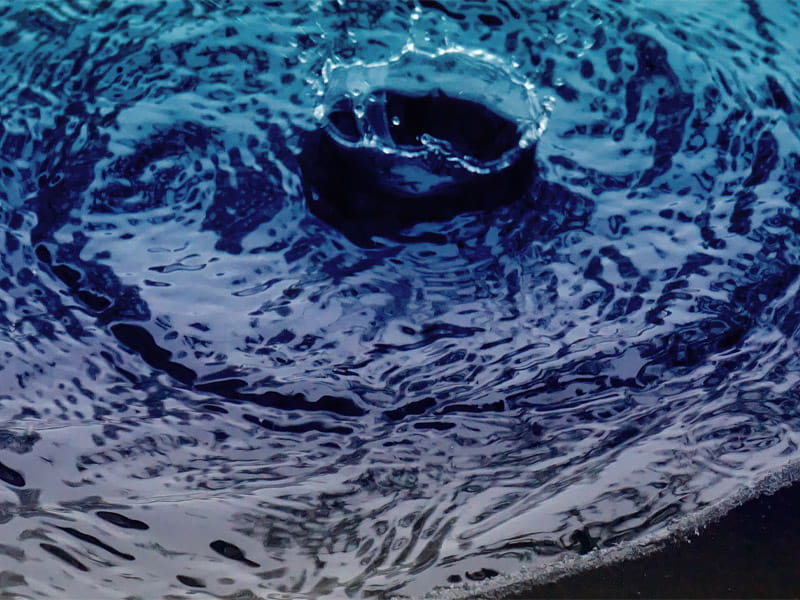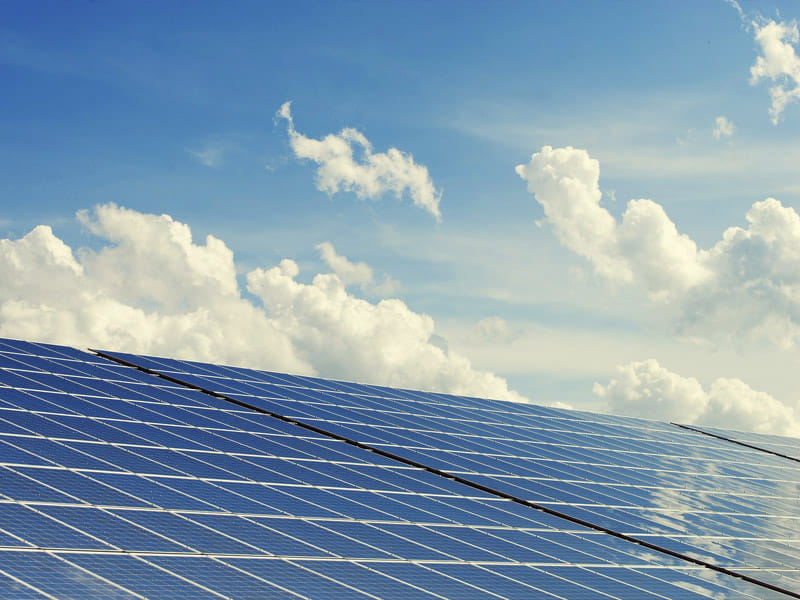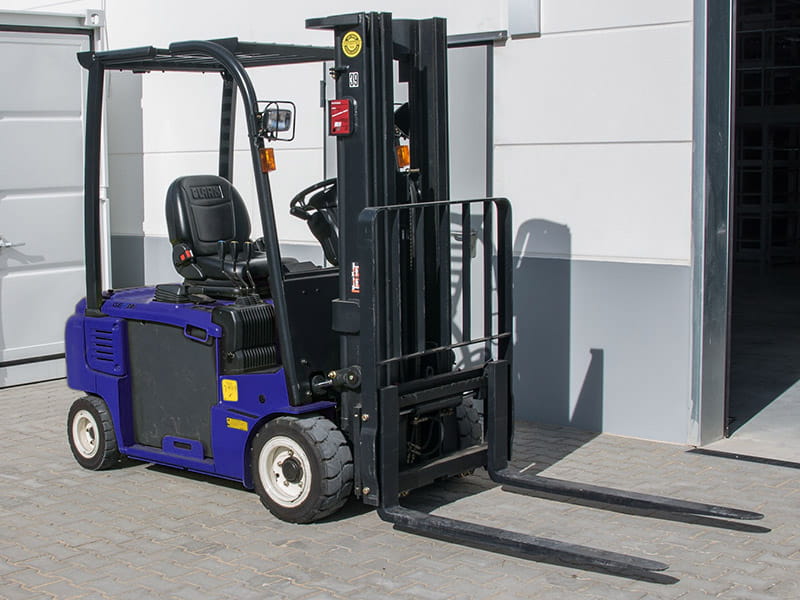Timber as a sustainable material
As a renewable resource, timber is one of the best building materials when it comes to carbon footprint and impact on the environment. When procured from a sustainable source under an environmental chain of custody scheme, the effect on the environment can be near carbon neutral.
